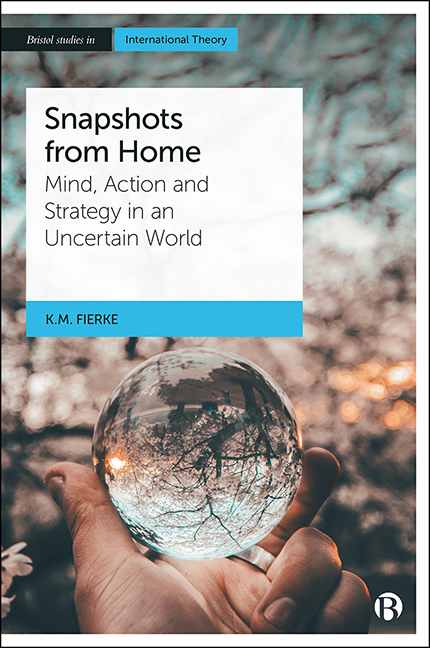4 - War/No War
Published online by Cambridge University Press: 15 September 2022
Summary
Western strategic thought has been heavily influenced by the linear strategy of, for instance, Carl von Clausewitz (Corneli, 1987: 429). Sun Tzu, by contrast, has a distinctly non-linear approach to strategy, grounded in an ancient Chinese concept of time in which past, present and future are simultaneously present in the strategist's mind (Parquettes, 1991: 46). According to Corneli (1987), Sun Tzu's strategy is conceived over a long period of time and constantly revised, engagements are quick when they cannot be avoided and advantage is gained through surprise, flexibility, adaptability and foreknowledge, which are critical given the emphasis on strategy over tactics. Clausewitz instead favoured tactics over strategy, saw surprise as a hindrance and placed limited emphasis on flexibility and foreknowledge. His objective was to apply overwhelming force at the centre of gravity with the intention to destroy the enemy. Sun Tzu's focus, by contrast, was the psychological relationship and the attempt to outwit the enemy. In the first instance he sought to attack the enemy's strategy, followed by his alliances and only as a last resort an enemy's army.
The two strategic traditions are underpinned by different assumptions about the nature of ‘reality’. Moving from the linear to the dialectical, the question becomes what it means to work strategically in a situation where the two sides of a conflict, or the two sides of a contradiction, are interdependent and interpenetrated. The objective of destroying an enemy is cast in a different light once the enemy is understood to be bound up with the self. The latter suggests that any victory would be bittersweet. As stated in Chapter 31 of the Daodejing (Ames and Hall, 2003: 125):
When the casualties are high,
Inspect the battleground with grief and remorse;
When the war is won,
Treat it as you would a funeral.
But what does it mean to say that the enemy is bound up in the self? L.H.M. Ling (2014: 120) rearticulated the Buddhist concept of ‘inter-being’ in Daoist terms. Inter-being, she states, ‘shows us how to be water, where one drop cannot be separated from another.’
- Type
- Chapter
- Information
- Snapshots from HomeMind, Action and Strategy in an Uncertain World, pp. 142 - 170Publisher: Bristol University PressPrint publication year: 2022



